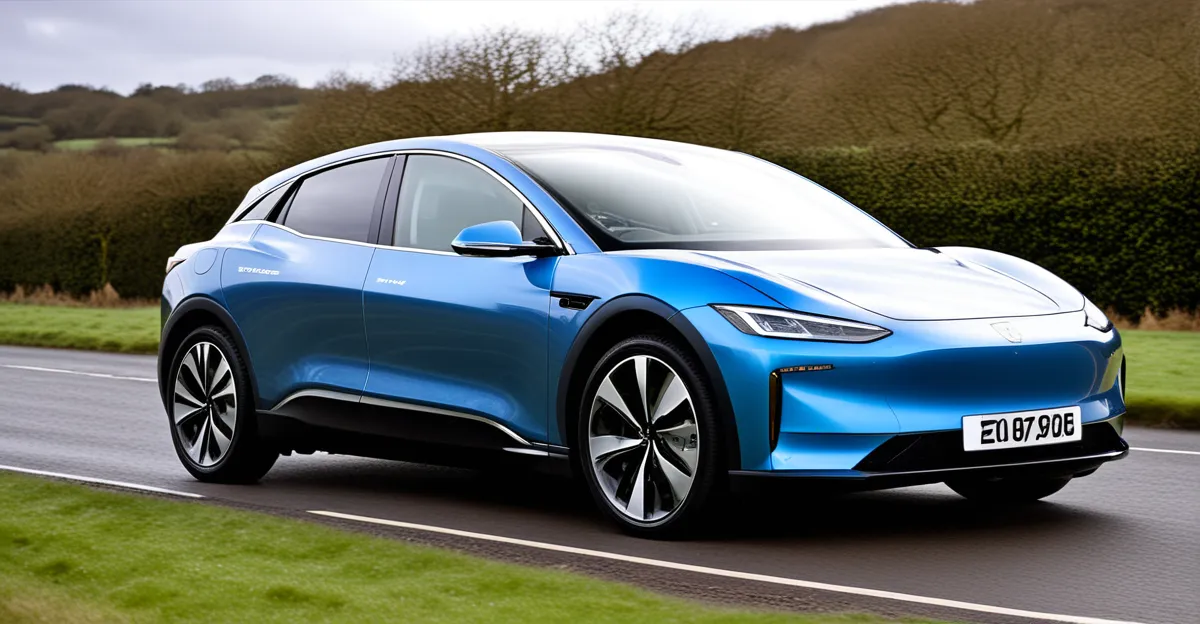New Electric Vehicle Models and Technologies in the UK
The UK EV models landscape has seen notable expansion over the past year, with several new EV launches capturing attention. Leading automakers have introduced models designed specifically for the UK’s driving preferences, offering improved urban maneuverability and enhanced battery performance. These new EV launches include a mix of compact hatchbacks, SUVs, and premium vehicles, catering to diverse consumer needs.
Technological innovation plays a pivotal role in these models. Many UK-manufactured and imported vehicles now feature advanced battery management systems, enabling longer driving ranges and faster charging times. Additionally, manufacturers are integrating sophisticated driver-assist technologies and connected car features tailored to UK roads and regulatory environments.
This might interest you : How is the UK’s Commitment to Electric Vehicles Transforming the Automotive Industry?
Adaptation to the UK market is evident as brands emphasize versatility, affordability, and energy efficiency. Developments such as heat pump systems for better cold-weather performance and lightweight materials for weight reduction address local climate and efficiency requirements. This ongoing evolution in vehicle technology advances ensures that both British drivers and imported vehicles remain at the forefront of electric mobility.
Advances in Charging Infrastructure
Expanding the Backbone of UK EV Adoption
Additional reading : How are UK car manufacturers addressing supply chain challenges?
The rapid growth of UK EV charging networks reflects a strategic push to support the increasing number of electric vehicles. Over the past year, significant expansion in rapid charging stations across urban and rural locations has improved accessibility and convenience for drivers, who no longer need to worry about long wait times or travel distances to charge their vehicles. These fast chargers can replenish batteries up to 80% in under 30 minutes, making them practical for everyday use.
Home and workplace charging technologies have also evolved, featuring smart chargers that optimize electricity use by scheduling charging during off-peak hours, reducing costs and grid strain. This advancement plays a vital role in encouraging EV ownership, especially among commuters.
Investment in charging infrastructure comes from both government initiatives and private sector partnerships, ensuring a comprehensive network. Such collaborations have accelerated deployment rates and improved reliability, creating a robust ecosystem that supports UK EV charging growth and meets future demands for electrification. This infrastructure progress directly complements the new EV launches and vehicle technology advances seen in recent years.
Battery Technology and Range Improvements
Battery advancements have become a defining element in the evolution of UK EV models. Recent breakthroughs have significantly enhanced EV range, with some vehicles now capable of traveling over 300 miles on a single charge. This leap is partly due to innovations in battery chemistry, including the gradual introduction of solid-state batteries, which promise higher energy density and improved safety compared to traditional lithium-ion cells.
Faster charging times have also improved, thanks to better thermal management systems and advanced power electronics integrated into both UK-manufactured and imported EVs. These innovations reduce wait times at rapid charging stations, complementing the expanding charging infrastructure.
Environmental sustainability is a growing focus, with manufacturers advancing battery recycling technologies to recover critical materials and reduce waste. These efforts contribute to a circular economy for EV batteries, aligning with UK market demands for greener vehicle technology advances. By enhancing both range and sustainability, these developments increase the practicality and appeal of EVs for British drivers, supporting broader adoption amid evolving consumer expectations.



